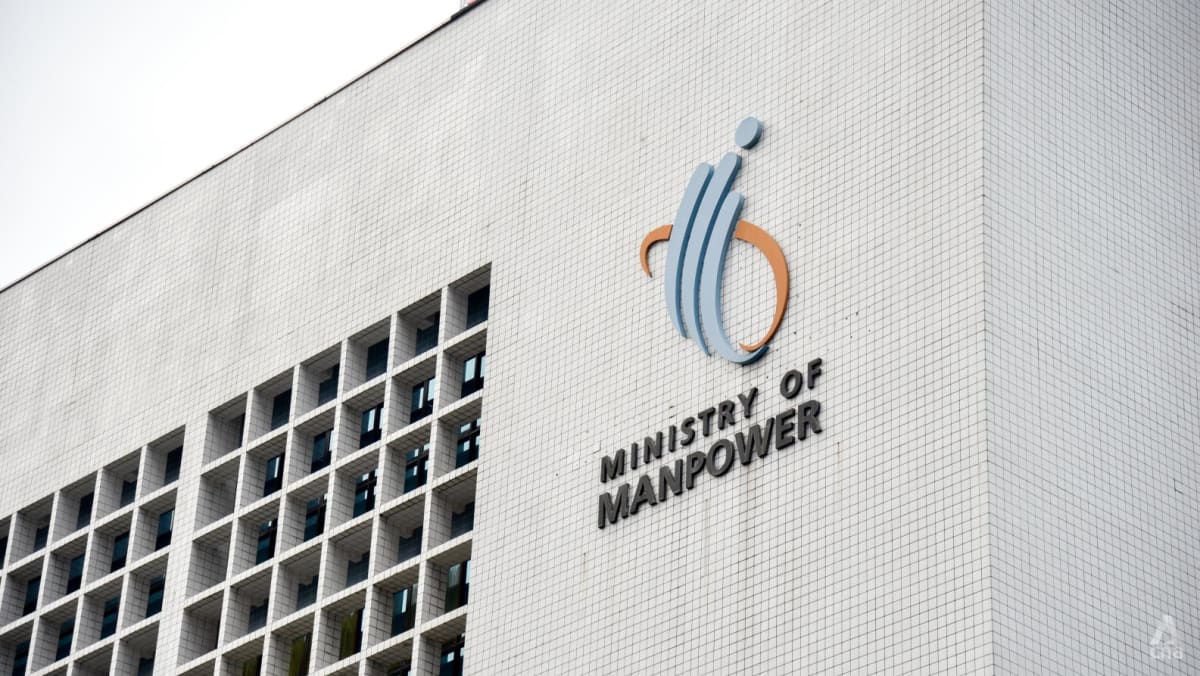An individual who is a first-time offender will face a maximum fine of S$25,000, a jail term of up to 24 months or both.
The Bill will also organise offences and their corresponding maximum penalties based on severity and threat to public health, culpability of offences and the circumstances of the breach.
Under the Bill – which seeks to consolidate and rationalise food-related legislation as well as strengthen Singapore’s food supply resilience – the law will also change for the import of food for private consumption.
Each individual will be allowed to bring in a total of not more than 15kg of various categories of food, including a clutch of up to 30 eggs, from overseas.
This is up from the current limit of 5kg of meat and seafood each and a “small, reasonable” quantity of fruits and vegetables, SFA said previously during the introduction of the Bill.
“Given such food is meant for consumption by the individual and family, and not for wider distribution, the food safety risk to the public is significantly lower,” Ms Fu said.
The exception, however, excludes foods of higher regulatory concern, such as game meat or animal blood products.
FOOD SAFETY FIRST
The Bill comes in the wake of several high-profile mass food poisoning cases affecting preschools and companies in 2024.
In December, 24 children at a Little Seeds Preschool branch at Calvary Baptist Church fell ill with gastroenteritis symptoms, with seven hospitalised.
In July, a mass food poisoning incident at ByteDance’s Singapore office saw more than 160 people reporting gastroenteritis symptoms.
Speaking in parliament, Senior Minister of State for Sustainability and the Environment Koh Poh Koon noted that between 2022 and 2024, an average of 43 per cent of foodborne gastroenteritis outbreaks resulted from poor food safety practices by food workers.
“The food industry is responsible for ensuring their food is safe. It is not practical nor possible for SFA to verify and test all food items before consumption,” Dr Koh highlighted.
While Members of Parliament supported the Bill, some raised questions on business costs and measures apart from enforcement to mitigate food safety lapses.














